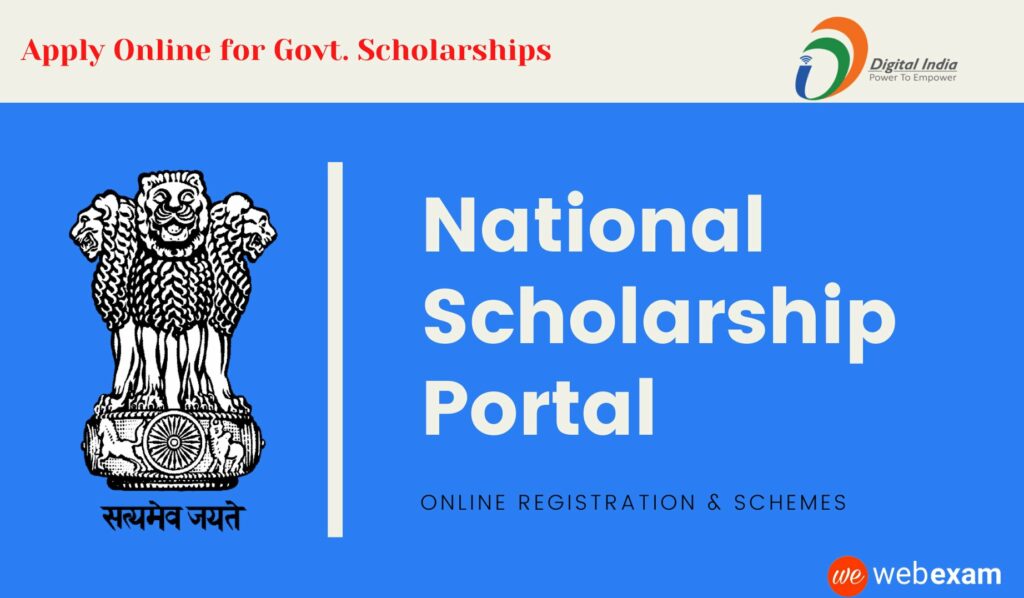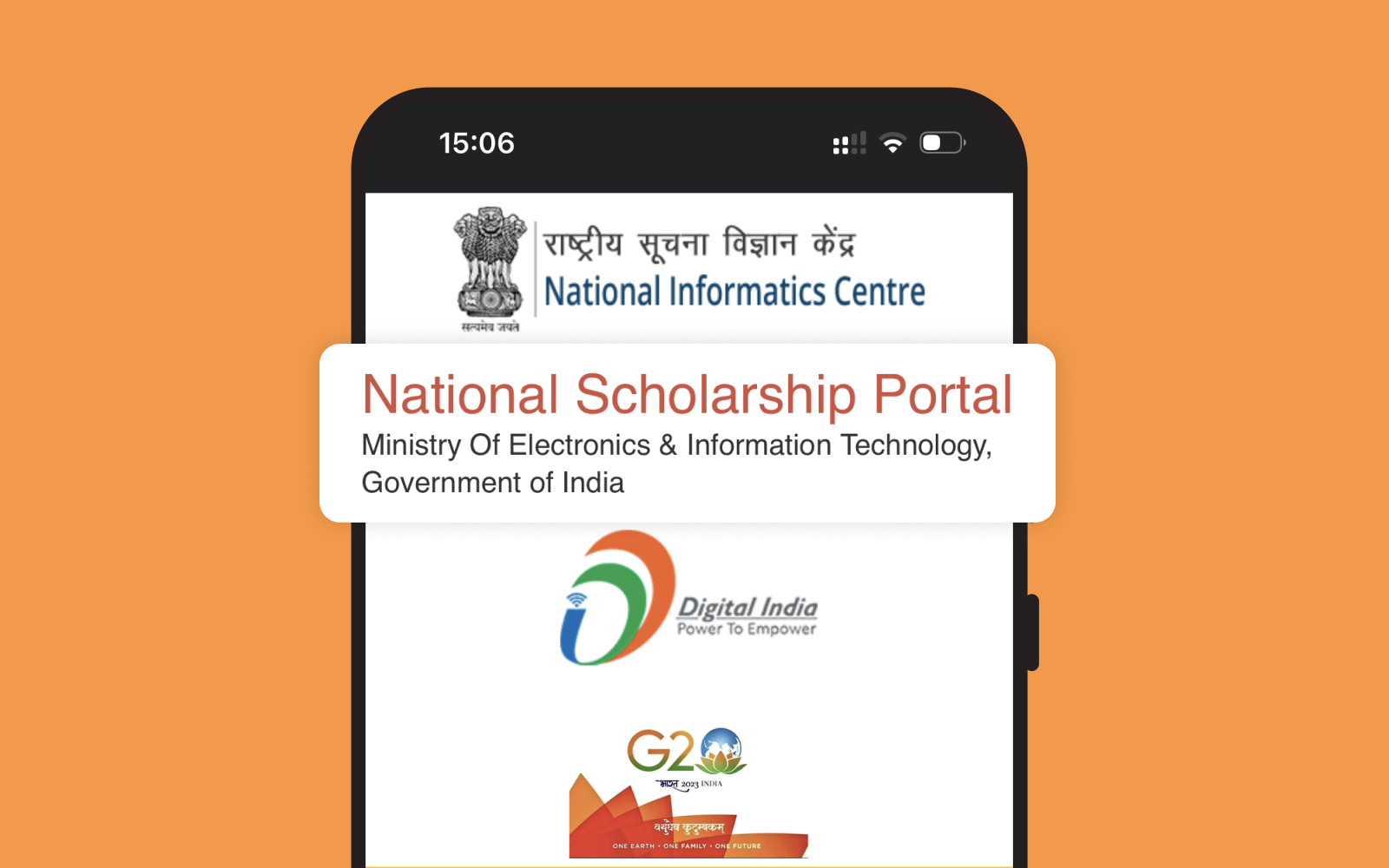The National Scholarship Portal (NSP) serves as a pivotal platform designed to simplify the scholarship application process for students across India. Understanding the necessary documentation is essential for applicants to ensure a seamless and effective application. This article delves into the various documents required for the National Scholarship Portal, offering tips for gathering these documents, and providing additional insights to assist students in their scholarship journey.
The NSP functions as a centralized hub for students to apply for scholarships offered by the Government of India, State Governments, and numerous other organizations. By consolidating multiple scholarship programs onto one platform, the NSP aims to enhance transparency and efficiency in the distribution of scholarships. However, despite its user-friendly interface, many applicants often encounter challenges with the documentation requirements. This article seeks to clarify these requirements and provide valuable guidance.
In the sections that follow, we will explore the specific documents required for the National Scholarship Portal, the significance of each document, and strategies for preparing them effectively. Whether you are applying for the first time or renewing your scholarship, understanding these document requirements is crucial to securing financial aid for your education.
Read also:Freddie Highmore Unveiling The Salary Career And Net Worth Of A Talented Star
Contents Overview
- 1. Document Needs for NSP
- 2. Identity Proof Documents
- 3. Income Evidence Documents
- 4. Educational Documents
- 5. Bank Information Documentation
- 6. Caste Certificate Requirements
- 7. Address Proof Documents
- 8. Tips for Preparing Your Documents
- 9. Final Thoughts
1. Document Needs for NSP
The National Scholarship Portal has specific document requirements that applicants must meet to ensure their applications are processed without delays. These documents are categorized based on the type of scholarship, which may include:
- Identity proof
- Income evidence
- Educational documents
- Bank details
- Caste certificate
- Address proof
Each of these documents is crucial in verifying the applicant's eligibility for the scholarship program, ensuring a smooth application process.
2. Identity Proof Documents
Identity proof is vital for confirming the applicant's identity and eligibility. Commonly accepted identity proof documents include:
- Aadhaar card
- Voter ID
- Passport
- Driving license
It is imperative to ensure that the name and other details on the identity document match the information provided in the scholarship application. Any discrepancies may lead to delays or rejection of the application.
Why Identity Proof Matters
Identity proof documents serve as the foundation for verifying the applicant's personal information. Ensuring the accuracy and validity of these documents is essential to avoid complications during the application process.
3. Income Evidence Documents
Income evidence is necessary to assess the financial need of the applicant. Valid income evidence documents may include:
Read also:Exploring The Life And Marriage Of Arnel Pineda
- Income certificate issued by a competent authority
- Salary slip (for salaried individuals)
- Income tax return (ITR)
- Bank statement showing income
Applicants should ensure that the income evidence is recent and accurately reflects their financial situation. Providing outdated or inaccurate documents may hinder the application process.
Importance of Accurate Income Evidence
Income evidence documents play a critical role in determining the applicant's eligibility for financial aid. Ensuring these documents are up-to-date and accurate is essential for a successful application.
4. Educational Documents
Educational documents are crucial in establishing the applicant’s academic qualifications. Required educational documents may include:
- Mark sheets from previous examinations
- Degree certificate (if applicable)
- Admission letter from the current educational institution
Maintaining these documents in an organized and accessible manner can significantly facilitate the application process. Any missing or incomplete documents may result in delays or rejection.
Organizing Educational Documents
Keeping educational documents well-organized is essential for a smooth application process. Creating a digital copy of these documents can serve as a backup and ensure easy access when needed.
5. Bank Information Documentation
Students must provide their bank details to ensure that scholarship funds are transferred directly. Relevant bank details include:
- Bank passbook or bank statement
- Cancelled cheque with the applicant’s name
- Bank account number and IFSC code
Verifying that the bank account is active and in the applicant's name is crucial. Providing incorrect or outdated bank details may lead to complications in receiving the scholarship funds.
Ensuring Accurate Bank Details
Double-checking bank details before submission is essential to avoid any issues with fund transfers. Keeping these details updated and accurate will ensure a seamless application process.
6. Caste Certificate Requirements
For certain scholarships aimed at specific communities, a caste certificate may be required. This document must be issued by a competent authority and should include:
- Name of the applicant
- Caste/tribe details
- Issuing authority details
Applicants should ensure that the caste certificate is current and valid. Providing outdated or invalid certificates may result in the application being rejected.
Verifying Caste Certificate Validity
It is essential to verify the validity and authenticity of the caste certificate before submission. Consulting the issuing authority for any updates or renewals is recommended to avoid complications.
7. Address Proof Documents
Address proof is necessary for verifying the applicant's residence. Commonly accepted address proof documents include:
- Utility bills (electricity, water, etc.)
- Ration card
- Lease agreement
- Bank statement with the address
Ensuring that the address proof is updated will help avoid any discrepancies during the verification process. Providing outdated or incorrect address proof may delay the application process.
Updating Address Proof
Regularly updating address proof documents is essential for maintaining accuracy. Keeping these documents current will ensure a smoother application process and avoid unnecessary complications.
8. Tips for Preparing Your Documents
To ensure a smooth application process, consider the following tips for preparing your documents:
- Collect all required documents well in advance to avoid last-minute rush.
- Ensure that all documents are clear, legible, and free of errors.
- Make photocopies or digital copies of original documents for submission.
- Organize documents systematically to facilitate easy access and retrieval.
- Check for any specific requirements mentioned for the scholarship you are applying for.
Streamlining Document Preparation
By following these tips, applicants can streamline the document preparation process, ensuring all necessary documents are ready and accurate. This proactive approach will significantly enhance the chances of a successful application.
9. Final Thoughts
In conclusion, the National Scholarship Portal documents are a critical component of the scholarship application process. Understanding the requirements and meticulously preparing these documents will increase your chances of securing financial assistance for your education. We encourage you to take the necessary steps today, gather your documents, and apply for scholarships that can significantly impact your academic journey. If you have any questions or need further assistance, feel free to leave a comment below or share this article with fellow students.
Thank you for reading! We hope you found this guide helpful and look forward to providing you with more valuable information in the future.


